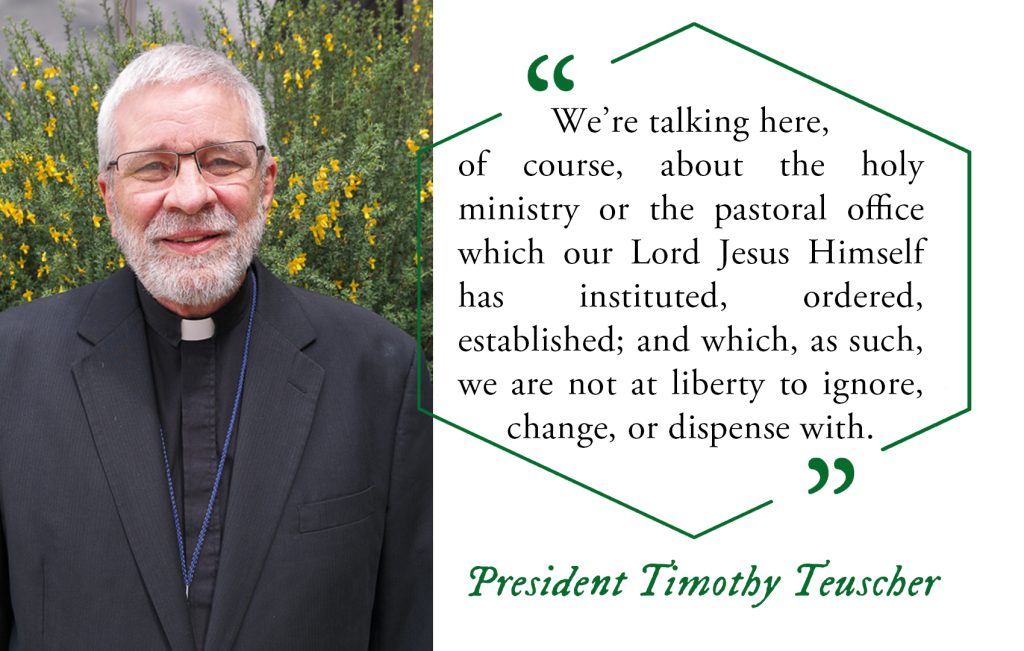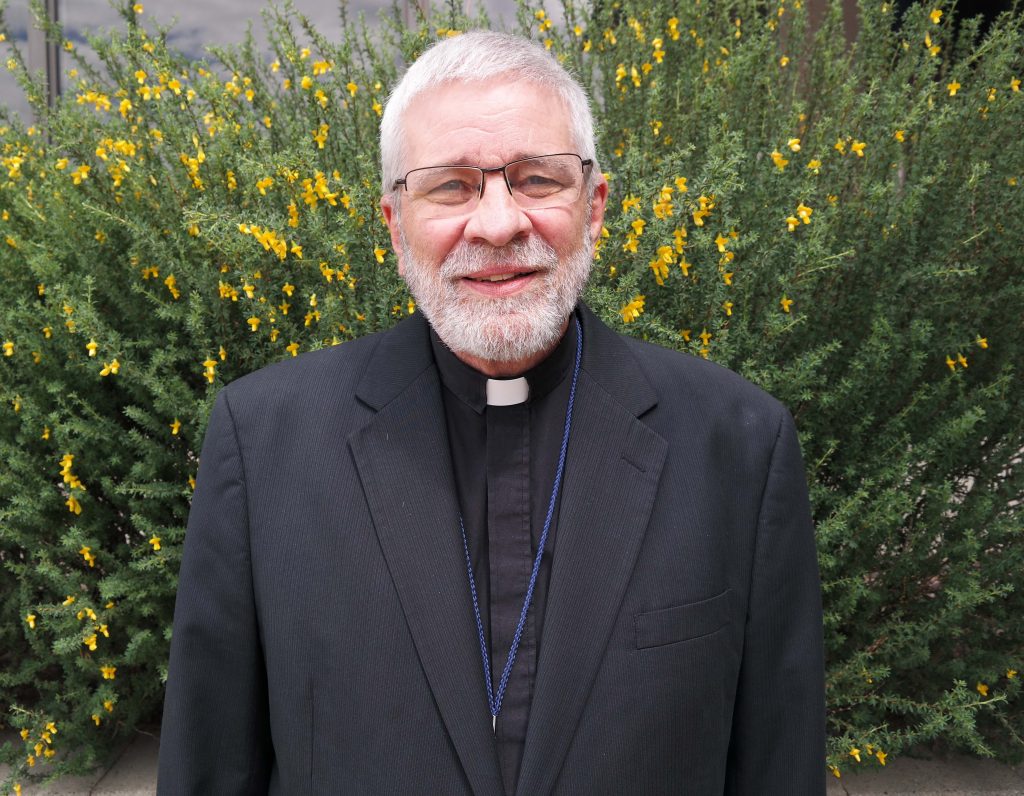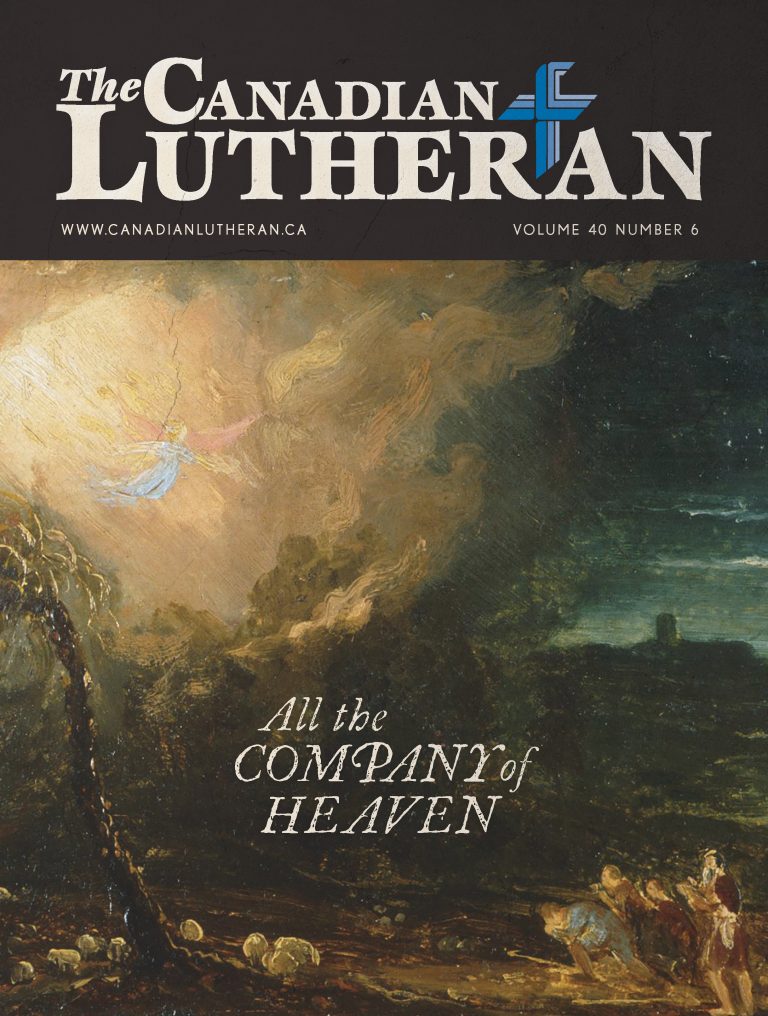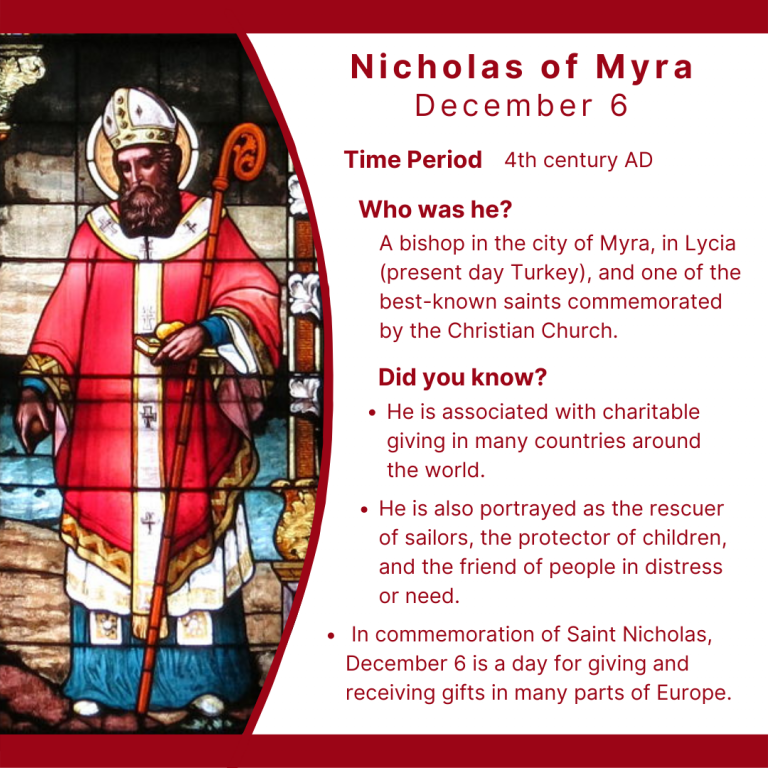On the Office of the Holy Ministry
 by Timothy Teuscher
by Timothy Teuscher
In our Lutheran Confessions we read these words: “No one should publicly teach in the Church, or administer the Sacraments, without a rightly ordered call” (AC XIV). We’re talking here, of course, about the holy ministry or the pastoral office which our Lord Jesus Himself has instituted, ordered, established; and which, as such, we are not at liberty to ignore, change, or dispense with.
Before we consider what pastors are called to do, however, I would first mention a few things that they are not called to do. A pastor is not called to simply instruct people in moral principles for daily living. He is not called to deliver an upbeat, entertaining message on Sunday morning so that the people can get their week off to a nice positive start. He is not called to be a family therapist or a marriage counsellor or life-coach or social-convenor. Nor is he hired to serve as the CEO of the congregation and tasked with improving its financial condition, with revitalizing and growing the church, or with organizing all kinds of groups and activities. No, none of these things are what pastors have been called to do.
Consider the various words and titles that the Scriptures use concerning those men who are called, appointed, placed, ordained into the office of the holy ministry. They are ‘pastors’ (Ephesians 4:1)—that is, shepherds who are to feed the lambs and sheep of the flock entrusted to their care not with junk food but with the pure, wholesome food of God’s Word and the blessed Sacrament… and to protect them from the wolves, from false teachings. They are ‘bishops’ or ‘overseers’ (Acts 20:28)—that is, those who exercise oversight over and care for the spiritual welfare of those entrusted to them. They are ‘ambassadors’ (2 Corinthians 5:20) —that is, representatives of Christ Himself who says of them, “The one who hears you hears Me” (Luke 10:16). They are ‘ministers’ (1 Corinthians 4:1) —that is, servants of Christ who serve Him by serving or ministering to the members of his congregation. They are also called ‘elders’ or ‘presbyters’ (Timothy 1:5), ‘fathers‘ (1 Corinthians 4:15), ‘teachers’ (1 Corinthians 12:28), ‘leaders’ (Hebrews 13:7), ‘messengers’ (2 Corinthians 8:23).
…shepherds who are to feed the lambs and sheep of the flock entrusted to their care not with junk food but with the pure, wholesome food of God’s Word and the blessed Sacrament…
What is the purpose or task of pastors? On the basis of the passages referenced above, our Lutheran Confessions answer: “The authority of the Keys, or the authority of the bishops—according to the Gospel—is a power or commandment of God, to preach the Gospel, to forgive and retain sins, and to administer the Sacraments…. In this way are given not only bodily, but also eternal things: eternal righteousness, the Holy Spirit, and eternal life. These things cannot reach us except by the ministry of the Word and the Sacraments” (AC XXVIII.5, 8-9).
This is why one of the priorities of our President’s Ministry Council or PMC—which consists of the three Regional Pastors, the vice-president, and myself—is providing proper, orderly pastoral care for our congregations who are without a pastor or cannot financially support their own pastor. Such is also the primary purpose of our seminaries—namely, to educate, train, and form men for the pastoral ministry. And such is also incumbent upon all the members of our congregations—namely: 1) to “pray earnestly to the Lord of the harvest to send out laborers into His harvest” (Matthew 9:38); 2) to support with our monetary offerings those who teach the Word (Galatians 6:6); and 3) to “encourage that young men be… educated for the holy ministry” (Preface, Book of Concord, 21).
And to those of us who have been called into this holy order of the public ministry, may we always heed and abide by these words of Luther from the Preface to the Small Catechism: “I beg you all for God’s sake, my dear sirs and brethren, who are pastors or preachers, to devote yourselves heartily to your office. Have pity on the people who are entrusted to you and teach the catechism to the people…. Our office is a serious and saving office. It involves much trouble and labour, danger, and trials. In addition, it gains little reward and thanks in the world. But Christ Himself will be our reward if we labour faithfully. To this end may the Father of all grace help us, to whom be praise and thanks forever through Christ, our Lord” (SC Preface 6, 26-27).
 ———————
———————
Rev. Dr. Timothy Teuscher is President of Lutheran Church–Canada (LCC).



